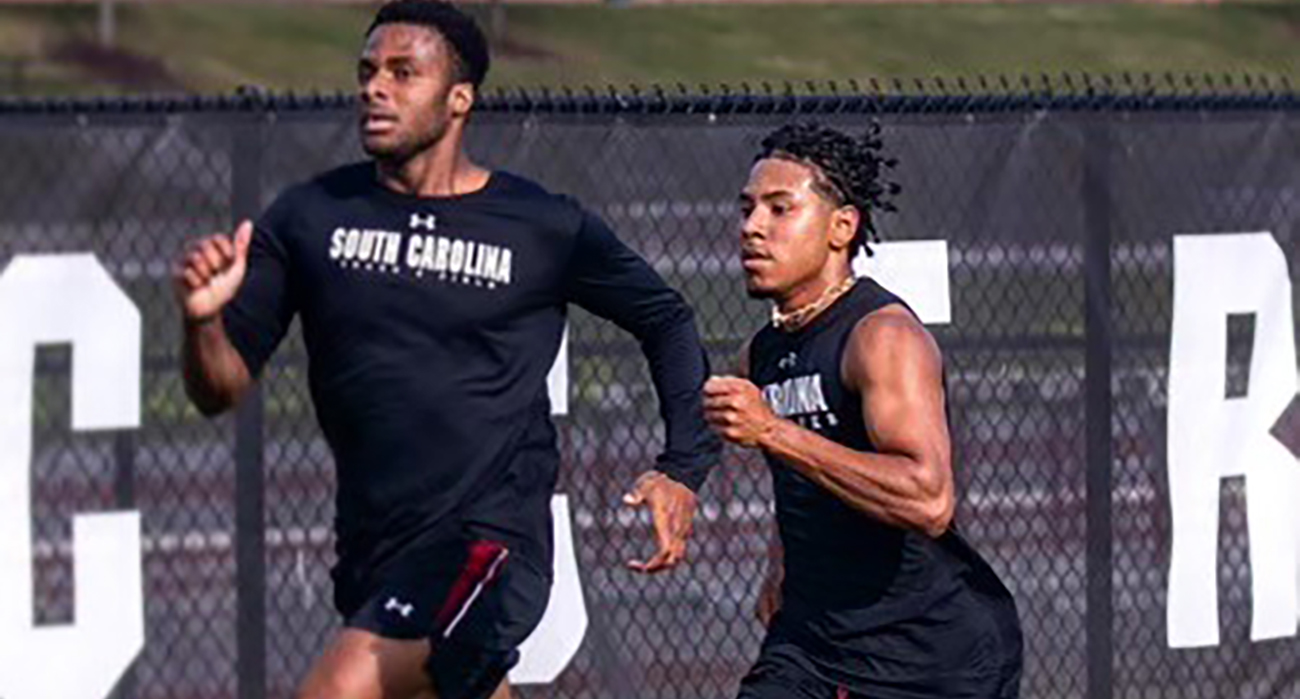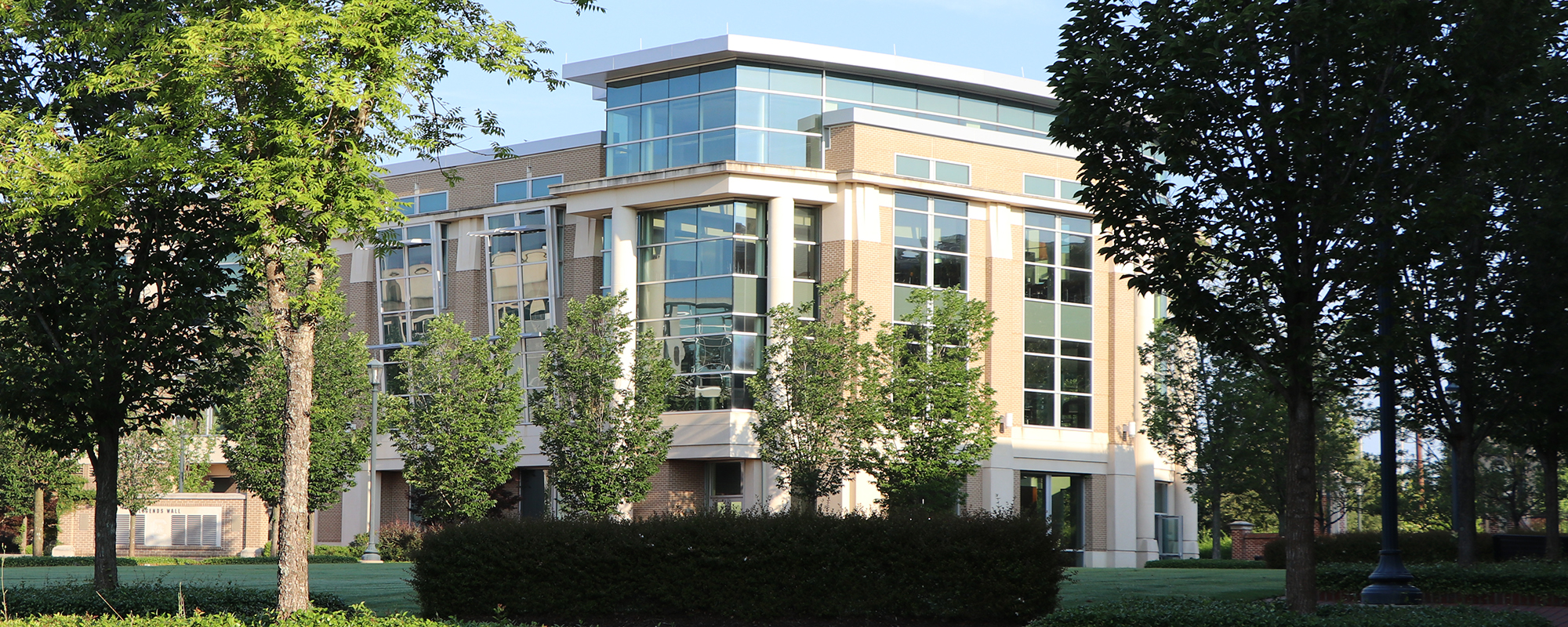Gamecocks Celebrate National Hispanic Heritage Month
South Carolina Athletics certainly has its own melting pot of cultures with a diverse group of student-athletes and staff from many parts of the world. In honor of National Hispanic Heritage Month (September 15 – October 15), several Gamecocks proudly speak about what their Hispanic heritage means to them.
“It’s important because it’s nice to be acknowledged,” said Kiki Estrada, a sophomore on the softball team, who also plays for the Mexican National Team and is a dual citizen of the United States and Mexico. She is originally from Chino Hills, California, but her grandparents on her father’s side are from Mexico and came to the U.S. “As a family, it’s nice because my grandparents did come here from Mexico, and all things they had to do to come to the States was really big. So, being able to represent Mexico is something I take a lot of pride in. When I’m playing for Mexico, I’m not only representing the country, but I’m representing my grandparents.”
“Being Afro-Latino, it gave me experiences growing up that you might not hear from a lot of people,” said Josue Richardson Salazar, a freshman on the track and field team hailing from Charleston but whose father is from Mexico. “My dad came here to the U.S. when he was around 18 or 19. When it comes to this time of year, it brings me a lot closer to family. I’m usually indulging in my culture a little bit more than other parts of the year. This is like a close second to Christmas! I like going out dancing and trying new food.”
“I grew up in that culture,” said Elizabeth Gloria, who is an academic advisor for South Carolina football and men’s golf and is first generation Mexican-American with both of her parents hailing from Mexico. She was born in Michigan but grew up in Florida. “They’re immigrants to this country and don’t speak English. My parents were farm workers, so they traveled a lot for harvest seasons. My first language is Spanish. My whole lifestyle is Mexican lifestyle.”
While Estrada and Richardson Salazar haven’t lived outside the U.S., having relatives from Mexico draws them closer to that part of their heritage.
“I have so many relatives from Mexico,” Richardson Salazar said. “I’m planning to visit sometime next summer.”
“It makes it more meaningful because they’re my blood, and I get to see them when I go home,” said Estrada, who is in her first year with Gamecocks after transferring from Arkansas. “They’re from there, and they know how it is. They bring that to us by bringing over meals, and how we celebrate Christmas and other holidays. It’s neat to see that what they brought over from Mexico and that the culture is still with us here now.”

“I’ve never been to a Hispanic household and gone hungry or not felt like I was a part of their family as well.”
As a youngster, Gloria initially went to kindergarten without knowing how to speak English, but a program in her local schools served children where English was a second language.
“I grew up in a small agricultural town that was predominantly Hispanic,” Gloria said. “I was able to grow up with people and went to school with people who looked like me. Now, some days my brain thinks in English and some days it thinks in Spanish. I came to realize that Hispanic Heritage Month means you can be prideful in your heritage when there’s not a lot of people around you who look like you. It’s a great opportunity for people to learn. I know what it means to be one of few in my field, and I’m proud of that.”
While there are different aspects of their heritage that make them proud, they all agree that the feeling of family is one of the most important.
“I’ve never been to a Hispanic household and gone hungry or not felt like I was a part of their family as well,” Richardson Salazar said.
“I think a lot of Hispanics really value family and a culture of community,” Gloria said. “It’s very sweet. You hear the phrase ‘it takes a village,’ and I think Hispanic culture takes that to another level.
“I do think there are a lot of similarities here in the academic building. We’re always going to have each other’s backs. Even if we have our own individual sports, we’re always looking out for each other. That is similar to what it means to me to be Hispanic. We’re all willing to be a family and step in when we need to within this department. We’re willing to stick up for our students, regardless of what their background is. We’re one big family. I’m very proud to say that, and that’s why I enjoy being part of this community. It sort of makes me feel like being home.”
Estrada has enjoyed playing for the Mexican National Team for the last two years and later this month she will be with the Mexican team in Chile for the Pan American Games. She noted that she grew up speaking primarily English, but she’s working on being more fluent in Spanish.
“We talk about it a lot on Team Mexico,” Estrada said. “Don’t forget who you are representing. I’m not only representing Mexico, but I’m representing my grandparents. They say it all the time. It doesn’t matter if you’re American. If you have it in your blood, your Mexican. I take that with great pride. It’s hard for some people to understand that I’m from the United States, but that I still represent Mexico. That’s a part of who I am, and I’m proud of who I am and what’s in my blood.”
She’ll also have the opportunity to play in Mexico for the Gamecocks when South Carolina plays in the Puerto Vallarta College Challenge in February.












